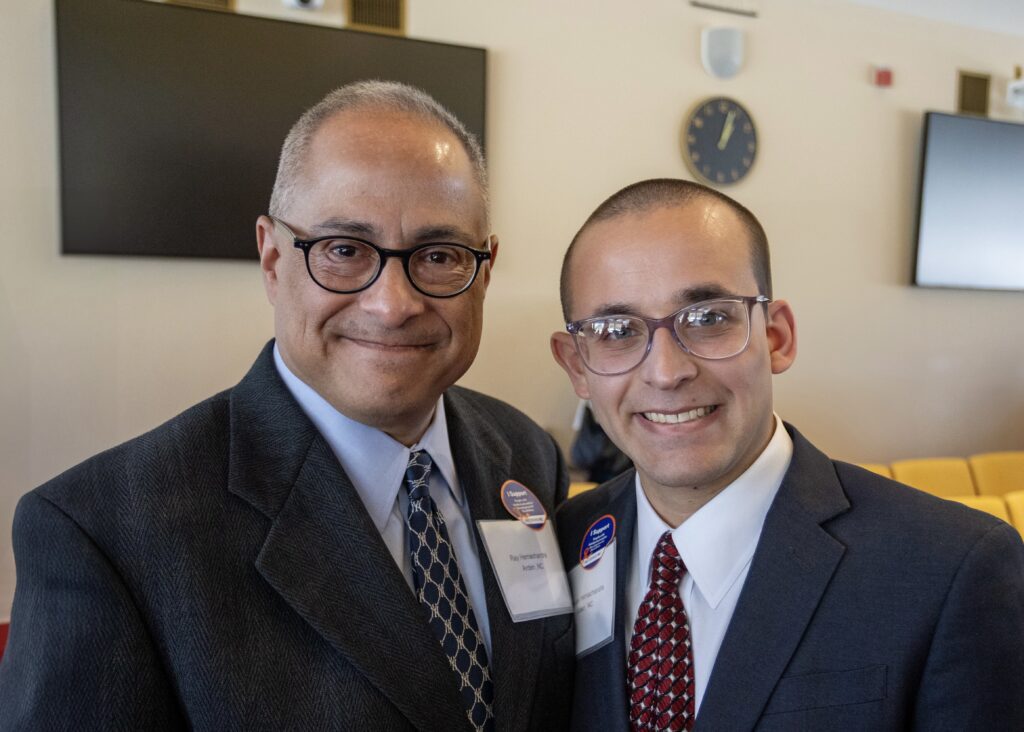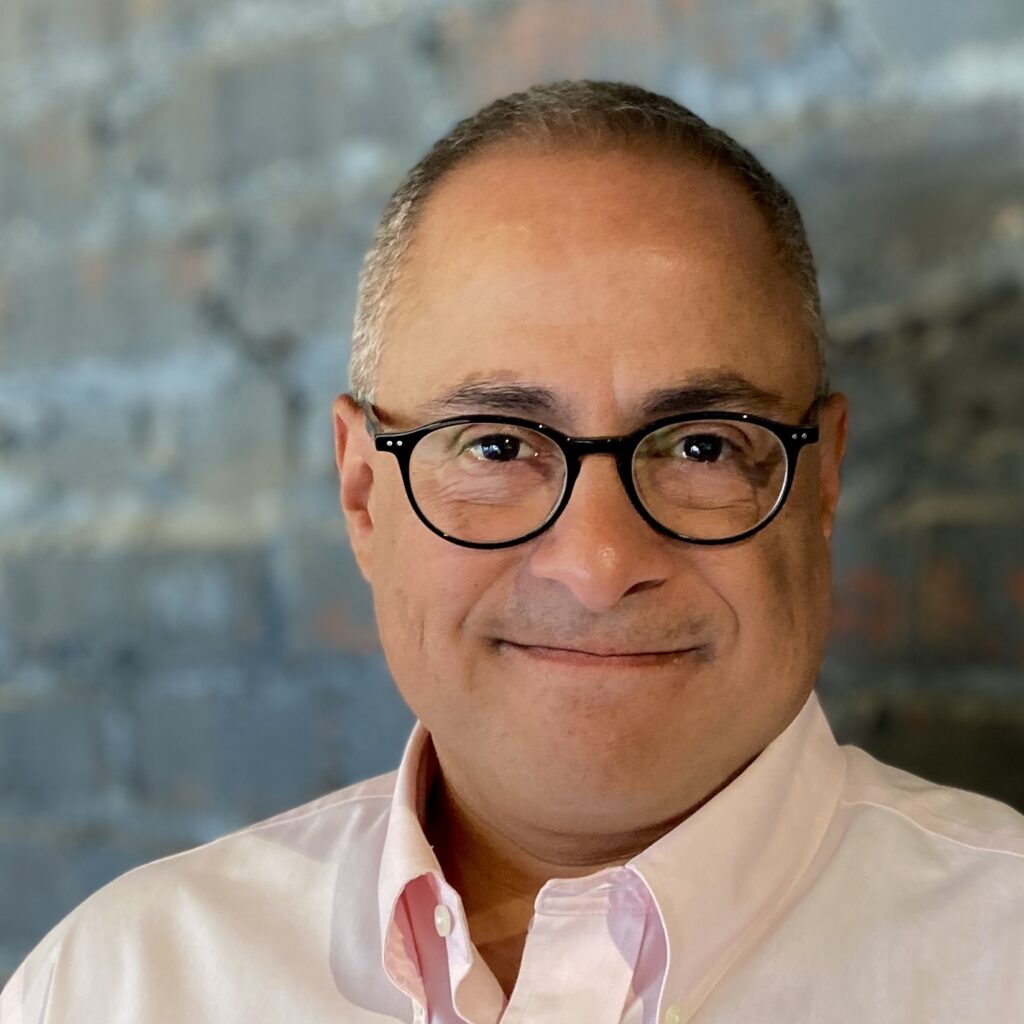The state’s continued underfunding of intellectual and developmental disability services puts generations of North Carolinians with disabilities at risk.
By Ray Hemachandra
Beacon Media

Like any parent, I want to do everything I can to help my child flourish.
My son, Nicholas, is autistic and intellectually disabled. He is 24, and he needs help in areas most nondisabled people take for granted, including self-care, communication, ensuring his safety, and forming relationships and connections. For the past 15 years, Nicholas has received invaluable help from a public program made possible by Medicaid that supports people who have intellectual and developmental disabilities.
With those supports, Nicholas volunteers at our local food bank and a church ministry organization. He works part-time at an ice cream shop. He is a valued and vibrant part of his community where we live in Western North Carolina, sharing his loves of hiking, swimming, and juggling.
When people ask me what I would do if my son were a child getting diagnosed today, the answer is easy: we’d leave North Carolina.
Typically, Medicaid is a federal-state partnership that provides health insurance for low-income children and adults. But each state is also entitled to waive certain Medicaid eligibility requirements, such as household income, so that more people can qualify given the high level of needs and cost of caring for someone with intellectual and developmental disabilities.
In North Carolina, there is a Medicaid waiver for people with intellectual and developmental disabilities, including autism, cerebral palsy, Down syndrome, and fetal alcohol spectrum disorder.
Known as the Innovations Waiver, the program provides services designed to allow people with intellectual and developmental disabilities to live in their homes and communities and get the services they need. The federal government covers two-thirds of the cost, and North Carolina covers the rest.
N.C. leaders get to decide how many waiver slots they want to create.
More than 14,000 people with intellectual and developmental disabilities receive these services in North Carolina. It is the primary way the state provides services to this group. My son is among those receiving help. The home and community-based services he receives have been transformative for his life.
But thousands more North Carolinians with intellectual and developmental disabilities — almost 19,000 of them — are on the “Registry of Unmet Needs,” the waitlist to receive these services under Medicaid.
This year, Gov. Josh Stein, a Democrat, advanced a proposed budget with just 200 new waiver slots — 100 per year in North Carolina’s biennial budget process. Projecting that rate forward, North Carolina children now being diagnosed and joining the waitlist would wait for more than 100 years before they receive funding for services.
The Republican-controlled N.C. Senate funded zero new waiver slots at all in the budget it passed. At least that was more forthright in saying lawmakers don’t value supporting more people with intellectual and developmental disabilities.
North Carolina is failing these citizens and their families. I advocate on behalf of people like my son, and we advocates are failing, too: We lack the urgency to meet the deep and desperate need. Our leading advisory and advocacy groups are meek. We foolishly and often selfishly prioritize less important issues in our demands, while the most basic needs of people with intellectual and developmental disabilities go unmet and remain largely invisible.
To the N.C. Senate, the N.C. House, and Gov. Stein: The insufficient actions of our state over the past decade show that our state is OK with a majority of North Carolinians with intellectual and developmental disabilities being at high risk of becoming homeless, abused, and sexually assaulted, dying young, developing fierce mental health and substance use needs, having destitute and desperate lives — or being institutionalized.
So, I’m asking that we allocate the funds necessary to make sure people with intellectual and developmental disabilities receive the support they need to live good lives in their communities.
That means adding 2,000 slots per year until the waitlist is cleared. Doing so would involve a lot of other things, including making our vision of possibilities for people with intellectual and developmental disabilities far more robust and expanding needed services. It would involve large amounts of money, with most of the expenditures recurring annually. For example, it would cost around $50 million per year to add 2,000 slots.
And it would be wholly worth it, if our values make it so—that is, if we value North Carolina children and adults with intellectual and developmental disabilities as essential members of our families, neighborhoods, and communities.

Ray Hemachandra and his son, Nicholas, live in Arden, North Carolina.